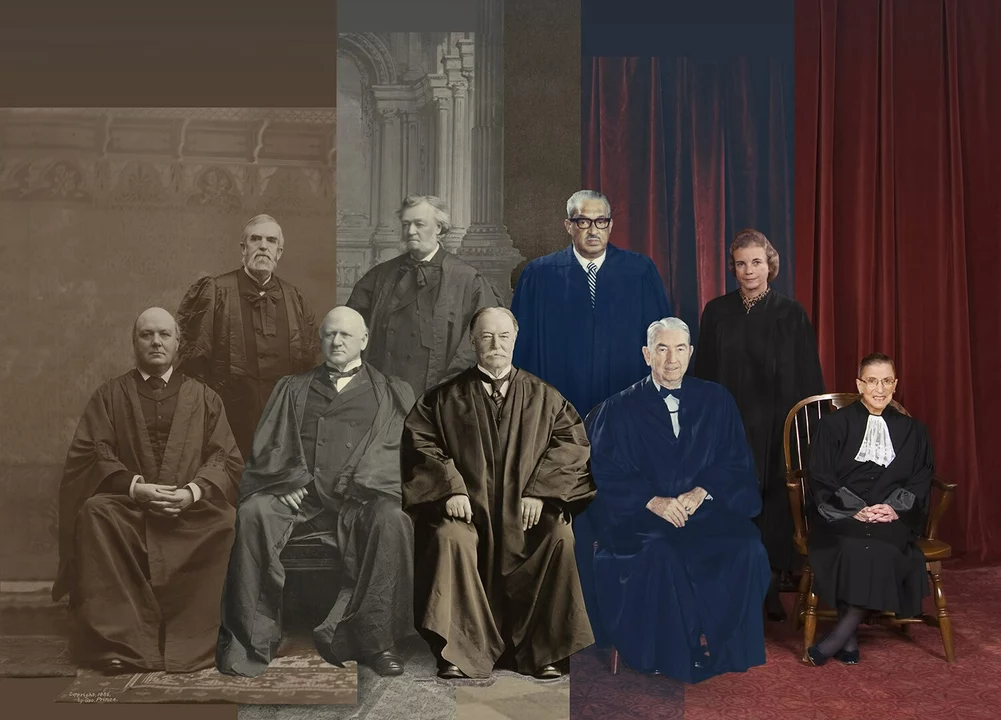Judicial Decisions: What They Mean for You
If you’ve ever wondered how a Supreme Court order or a high‑court verdict touches your daily routine, you’re not alone. Every major ruling shapes policies, business practices, and even the way schools operate. This page pulls together the most talked‑about decisions, breaks them down in plain language, and shows why they matter to ordinary people.
Top Recent Rulings
One of the biggest headlines this year was the Supreme Court asking Gujarat for details on hospital fires. The court’s push forces the state to disclose safety steps, compensation plans, and any criminal actions taken. For patients and healthcare workers, it means more transparency and a push for stricter fire‑prevention rules.
Another hot topic is the CBDT’s extension of the ITR filing deadline to September 15, 2025. While not a courtroom drama, the decision stems from legal interpretations of tax law and affects millions of taxpayers. Missing the new date can trigger penalties under Sections 234A and 234F, so stay aware.
On the media front, the Supreme Court’s scrutiny of news channel bias has sparked debates about press freedom. The court is looking into whether certain outlets breach impartiality standards. If the verdict tightens guidelines, you might notice changes in how news is presented across TV and digital platforms.
How These Decisions Affect Everyday Life
When courts change the rules, the ripple effect reaches schools, businesses, and even your next grocery bill. Take the hospital fire case: stricter safety norms could mean higher insurance premiums for hospitals, which may translate into slightly higher treatment costs. On the flip side, better safety reduces the risk of tragic losses.
Tax deadline extensions give you a larger window to file returns, but the legal backing also means the government expects compliance. Filing late without a valid reason still attracts interest, so use the extra days wisely—plan, gather documents, and avoid costly penalties.
Media rulings can reshape public discourse. If news channels adopt tighter impartiality rules, you’ll likely see fewer sensational headlines and more balanced reporting. That helps you make informed choices without the noise.
In short, staying on top of judicial decisions keeps you ahead of changes that influence your wallet, health, and information diet. Bookmark this page, check back for updates, and consider how each ruling might touch your own life.
In earlier rulings, the Supreme Court emphasized the importance of government's role in upholding the fundamental rights of citizens and ensuring a fair balance of power. The Court also highlighted that the government should act as an unbiased mediator and create laws that are in the best interest of the public. Additionally, the Supreme Court stressed the necessity for transparency and accountability in government actions to maintain the integrity of the democratic system. Furthermore, the Court has reiterated the importance of adhering to constitutional principles and safeguarding the liberties of citizens. In essence, the Supreme Court has consistently reminded the government of its responsibilities and its obligation to serve the people fairly and justly.

 Government & Politics
Government & Politics